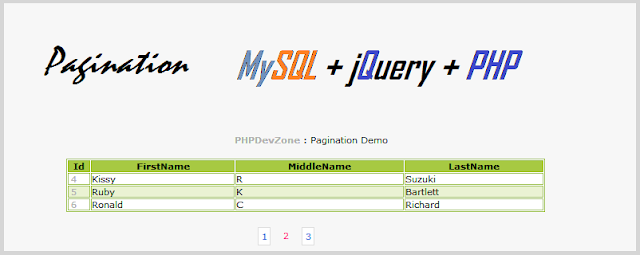Analyze log files from several servers in real-time (update: whois, firewall)
First, we setup a machine to analyze the logs:

# install missing packages (e.g. with Ubuntu 12.10)
apt-get install netcat logtop
# create a ramdisk with 1GB for storing the logs
mkdir /ramdisk
mount -t tmpfs -o nosuid,noexec,noatime,size=1G none /ramdisk
# receive logs on port 8080
ncat --ssl -l -k 8080 > /ramdisk/access.log
# open second terminal
tail -f /ramdisk/access.log | logtop
# clean up the ramdisk from time to time
echo >/ramdisk/access.log
Second, we setup the web servers:
Besides access.log, we can also monitor other log files using different port numbers.
# install missing packages
apt-get install netcat
# send logs to analyzer-ip:8080
tail -f /var/log/apache2/access.log | ncat --send-only --ssl <analyzer-ip> 8080
Let's start watching the requests coming in:

Instead of analyzing each line separately, we can also aggregate all requests by client IPs:
Or we can aggregate all requests by URLs:
tail -f /ramdisk/access.log | awk -Winteractive '{print $1}' | logtop
Or filter all requests by a user agent:
tail -f /ramdisk/access.log | awk -Winteractive '{print $7}' | logtop
To extend the IP address with its owner, we write a small PHP script:
# show only iPad
tail -f /ramdisk/access.log | grep iPad | logtop
# don't show Google, Msn, Bing
tail -f /ramdisk/access.log | grep -Ev 'Googlebot|bingbot|msnbot' | logtop
and run:
// whois.php
<?php
$fp = fopen('php://stdin', 'r');
while (!feof($fp)) {
list($ip, $null) = explode(' ', fgets($fp), 2);
if (!isset($whois[$ip])) {
$who = shell_exec('whois '.escapeshellarg($ip));
preg_match_all('!(?:descr|orgname|organization|country|owner).*:\s+(.+)!im',
$who, $m);
$whois[$ip] = ' '.str_pad($ip, 15).' '.$m[1][0].' '.$m[1][1]."\n";
}
echo $whois[$ip];
}
fclose($fp);
apt-get install whois logtop php5-cli
tail -f /ramdisk/access.log | php whois.php | logtop

To send uptime messages every 5 seconds, we can use:
# @analyzer
ncat --ssl -l -k 8081 > /ramdisk/uptime.log
tail -f /ramdisk/uptime.log
# @webserver
while true; do echo -n `hostname`; uptime; sleep 5; done | ncat --send-only ...
# or free disk space, replace uptime with: df -h | grep sda
To configure a firewall on Ubuntu, we can use ufw:
# start firewall, block incoming connections
ufw enable
# allow incoming connections on port 80
ufw allow 80/tcp
# allow limited connections on port 22 (max. 6 connections in 30 seconds)
ufw limit 22/tcp
# show firewall status
ufw status verbose
ufw show listening
# block all new connections from IP 192.168.1.66
ufw insert 1 deny from 192.168.1.66
# remove blocking rule for IP 192.168.1.66
ufw delete deny from 192.168.1.66
Note: If your servers are connected by a secure network (e.g. VPN), you can skip --ssl and certificates.



Comments
Post a Comment